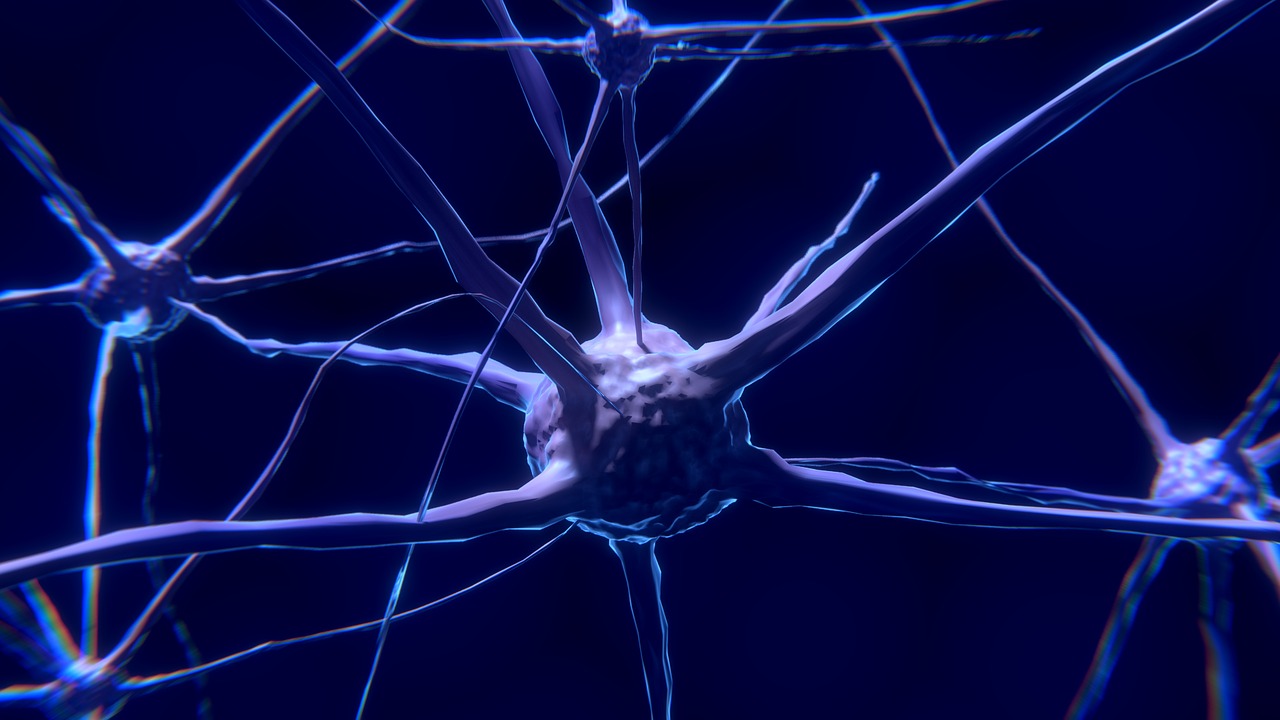
Parkinson's disease is the most common chronic neurodegenerative movement disorder, affecting 1% of the world population over 60. There is currently no cure for this disease, and the available treatments focus on treating its symptoms, but not its progression.
Although most cases of Parkinson's disease are sporadic, hereditary variants of the disease are primarily associated with mutations in the gene encoding the LRRK2 enzyme. In 2004, an international research team, in which researchers from the Basque Country participated, established the link between one of the mutations in this enzyme and patients diagnosed with the disease.
Thus, the enzyme LRRK2, which is also known internationally as "dardarina", of the word tremor in Basque, has become one of the most attractive therapeutic targets for the development of new drugs against the Parkinson's hereditary disease. Neurotoxicity or the set of pathogenic effects associated with LRRK2 is mainly due to the fact that pathogenic mutations increase the kinase activity of this enzyme, which has led to an international race for the development of inhibitors of that activity. In fact, there are currently potent and specific inhibitors of the kinase activity of LRRK2. However, many of these cause unwanted side effects or unclear clinical results.
This research carried out by the Ikerbasque researcher and director of the Biofisika Institute (mixed center CSIC-UPV / EHU) in the UPV/EHU Scientific Park (Leioa-Erandio Area), Iban Ubarretxena, together with an international research team, has demonstrated that AdoCbl, one of the two active forms of vitamin B12, acts as an inhibitor of the kinase activity of LRRK2 in cultured cells and brain tissue. Likewise, it significantly prevents the neurotoxicity of the LRRK2 variants associated with Parkinson's disease in primary rodent cultivations, as well as in different transgenic models that are used for the study of this disease. The results of the research have been published in the prestigious journal Cell Research.
In this way, the study discovered vitamin B12 as a new class of modulator of the kinase activity of LRRK2, which in the words of Iban Ubarretxena: "It represents a great advance, since being a neuroprotective vitamin in animal models and with a mechanism different from that of currently existing inhibitors, could serve as a basis to develop new therapies against hereditary Parkinson's disease associated with pathogenic variants of the LRRK2 enzyme. "
Link to the scientific publication: https://www.nature.com/articles/s41422-019-0153-8
.png)
